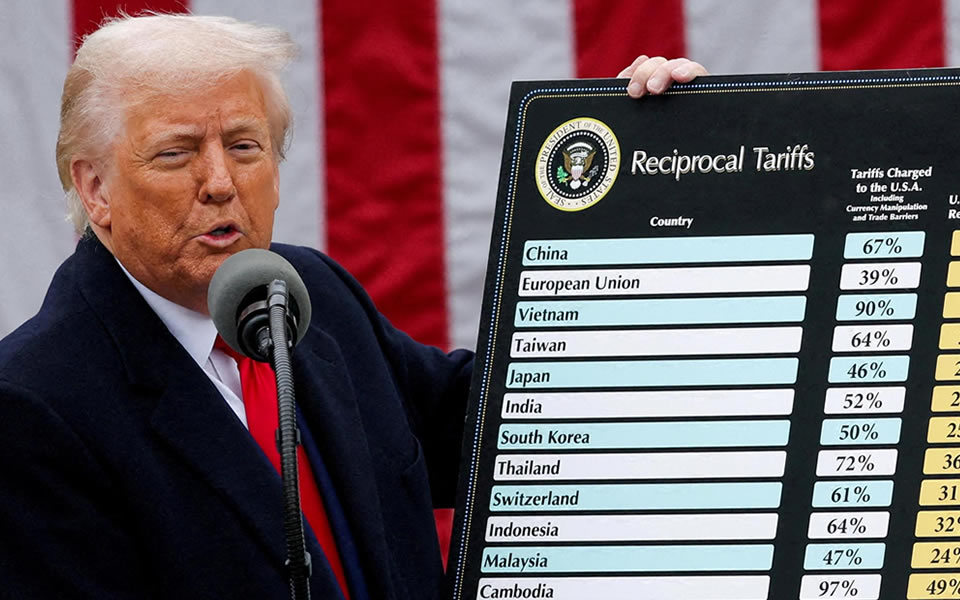
Alliance of Sahel States (AES): Objectives & Implications for ECOWAS
September 19, 2023
Conakry Main Fuel Depot Explosion: Impact Assessment & Forecast
December 19, 2023Burkina Faso: Jihadists Intensify Attacks on Security Forces in September 2023
September 2023 witnessed an escalation in security incidents in Burkina Faso, primarily concentrated in the northern regions. Armed non-state actors, chiefly Jama'at Nusrat al-Islam wal-Muslimin (JNIM) and Islamic State in the Greater Sahara (ISGS), intensified their activities, signifying an increased regional interplay.
Summary
September 2023 witnessed an escalation in security incidents in Burkina Faso, primarily concentrated in the northern regions. Armed non-state actors, chiefly Jama'at Nusrat al-Islam wal-Muslimin (JNIM) and Islamic State in the Greater Sahara (ISGS), intensified their activities, signifying an increased regional interplay. JNIM remained the dominant and most aggressive security threat in Burkina Faso during this period, with a significant involvement in many of the recorded incidents. JNIM shifted its focus to target security forces, deviating from the surge in civilian targeting in Burkina Faso, Mali, and Niger in the preceding months. Jihadist ambushes against security forces and responsive IED attacks by the Burkinabè Air Force surged, resulting in collateral civilian casualties and a significant negative departure from the preceding months. Relative to previous periods, September saw a marked increase in armed confrontations between jihadists and security forces, signaling a potential strategic shift or increased capabilities amongst jihadist actors.
Background
Burkina Faso, especially its northern territories, has a long-standing vulnerability to extremist activities. Factors like porous borders, socio-political discontent, and regional insurgency spillovers, especially from neighbors such as Mali and Niger, contribute to this challenge. This jihadist activity has exacerbated the ongoing humanitarian crisis, with nearly a quarter of the population requiring humanitarian assistance and upwards of 2 million being internationally displaced. The population continues to face severe food insecurity, targeted attacks on essential water infrastructure, and mass school closures due to security threats. The two 2022 coups set the stage for the internal military divisions that culminated in an allegedly foiled coup attempt on September 26, 2023, indicative of the ongoing political turbulence.
Analysis
JNIM’s increased activity in the northern regions likely indicates a possible consolidation of power or growing territorial ambition. It is possible that the surge in attacks targeting security forces represents a tactical shift by JNIM to exploit or create a security vacuum in northern Burkina Faso, enabling them to facilitate further offenses. The decrease in civilian targeting is likely a tactic to gain legitimacy amongst the population while simultaneous weakening state institutions, likely with the goal of presenting themselves as an alternative governing force.
'Persistent conflict in adjacent countries is likely driving the inflow of fighters and resources into Burkina Faso, exacerbating the security situation. Interactions between ISGS and JNIM in northern Burkina Faso likely suggest a deepening alliance between the groups. It is possible that collaboration between the groups expanded their operational capabilities to target security forces by sharing resources, intelligence, and combat strategies.
Forecast
JNIM will very likely escalate its offensive against security forces in the coming months, capitalizing on the vulnerabilities exposed by the September 26 coup attempt. Their probable focus on military convoys and outposts is likely a tactic intended to inflict heightened casualties, thereby exacerbating existing military and governmental divisions. Such a strategy will likely serve to exploit internal discord and catalyze subsequent destabilizing events, including potential coup attempts, further undermining the central authority.
It is likely that JNIM will attempt to undermine the central government further by leveraging civilian casualties to amplify public dissatisfaction. JNIM will likely disperse its operatives in rural villages and towns throughout northern Burkina Faso, likely making their movements more conspicuous for Burkinabè intelligence to detect. Following trends observed in September, the increase in JMIN attacks on security forces and the dispersion of its operatives will likely lead to heightened Burkinabè Air Force strikes against perceived jihadist locations. It is very likely that the outcome of these increased air operations will be augmented civilian casualties, further fueling public distrust in the incumbent administration after the allegations of civilian massacres by security forces over the past months.
As national and regional instability continues, the influx of jihadist actors into Burkina Faso is likely to intensify. The deepening collaboration between extremist factions will likely result in new tactical and operational methods, increasing their reach and operational efficiency and further complicating the counter-insurgency efforts. Should these extremist factions successfully integrate their operational methods, it is very likely that they could establish more fortified strongholds in critical regions, challenging the effectiveness of national security apparatuses. It is possible that this potential consolidation will lead to longer-term entrenchment, making external intervention or peace negotiations even more complex and potentially positioning Burkina Faso as a focal point in the broader Sahelian jihadist movement.



